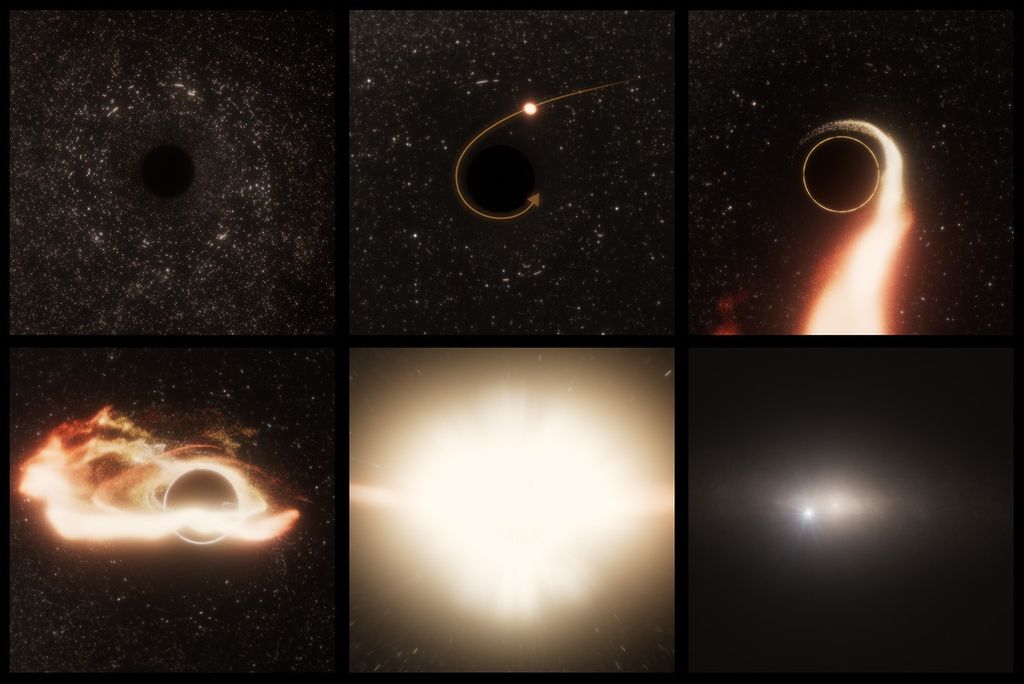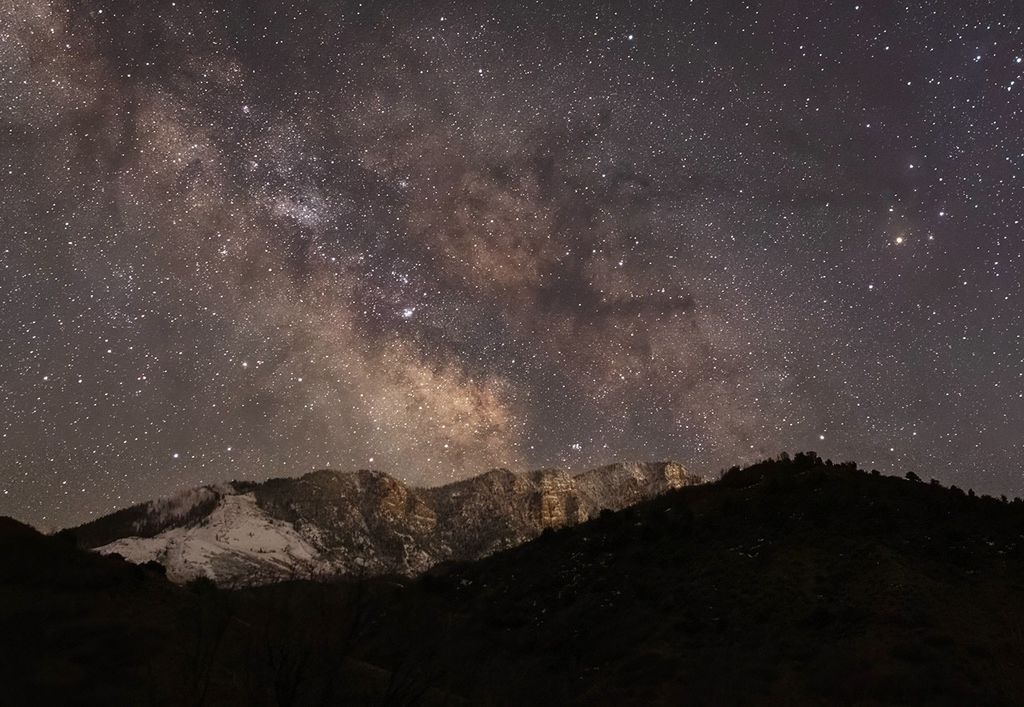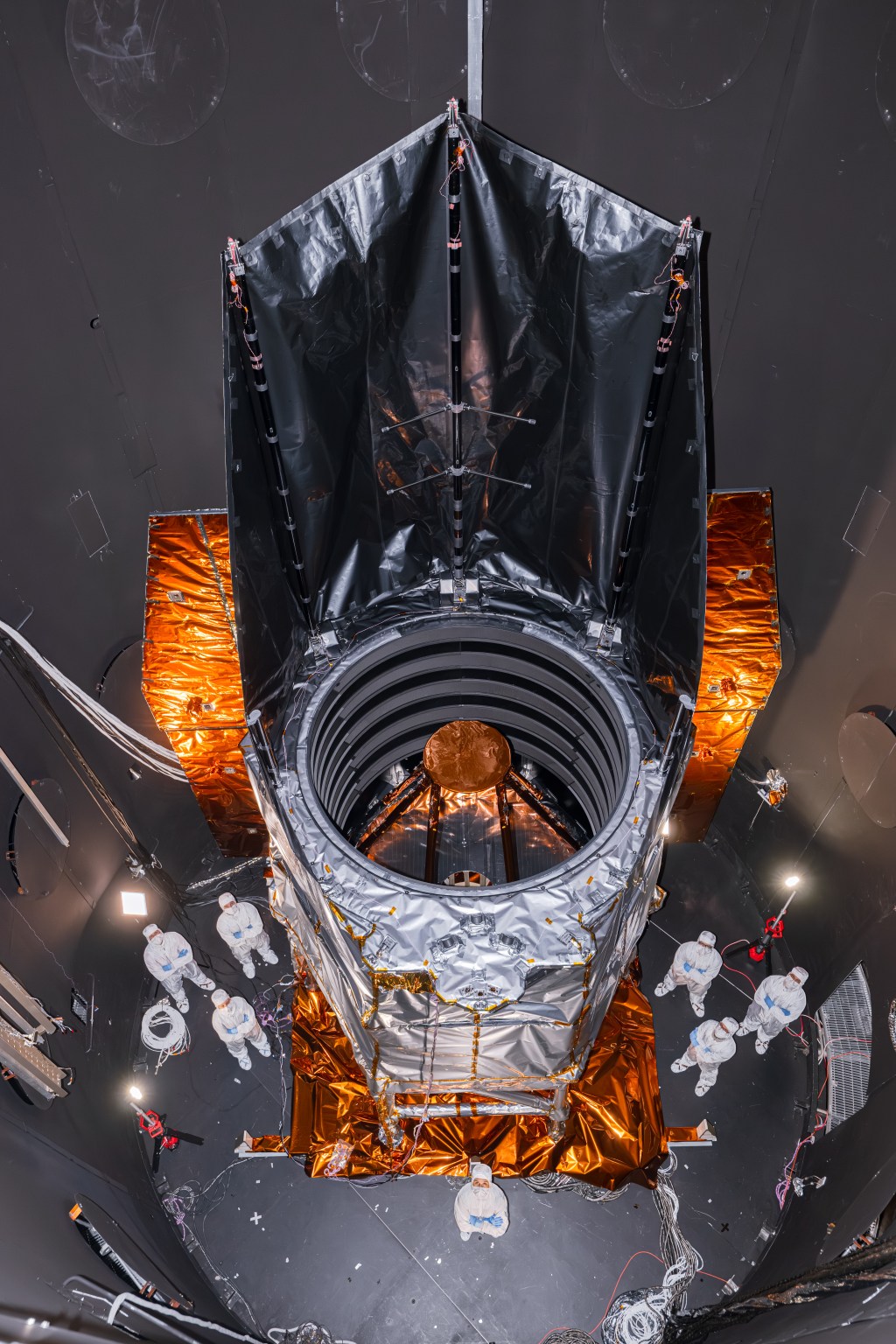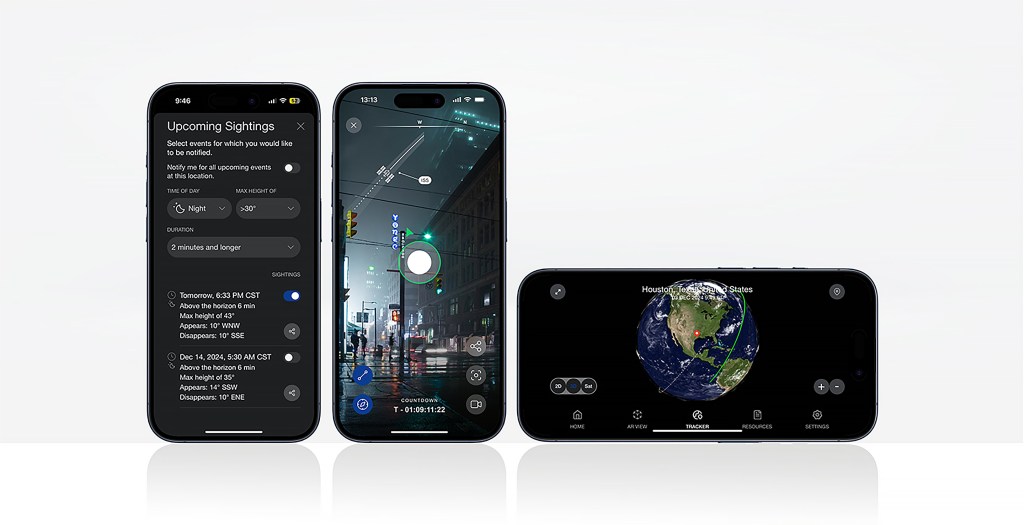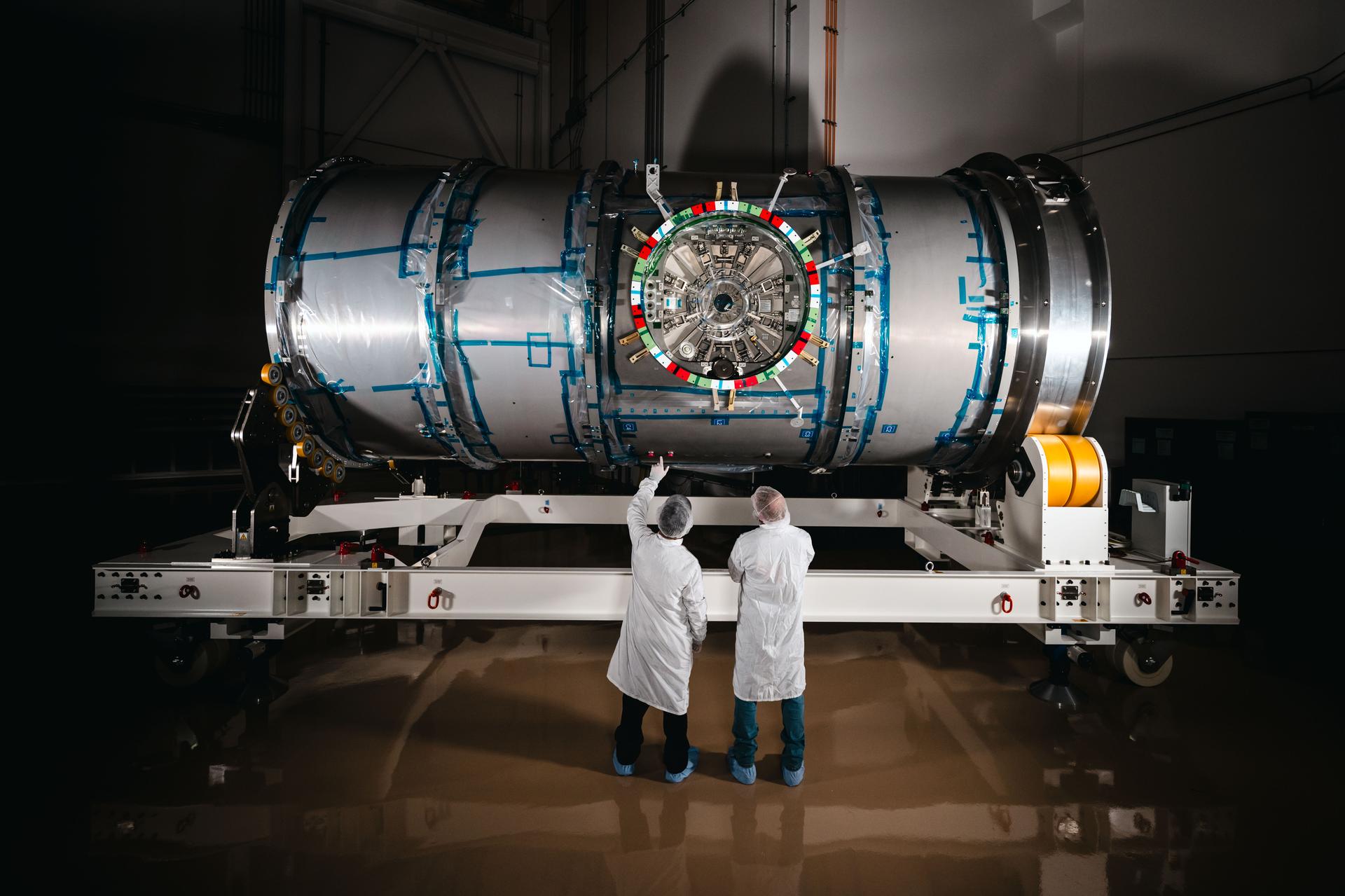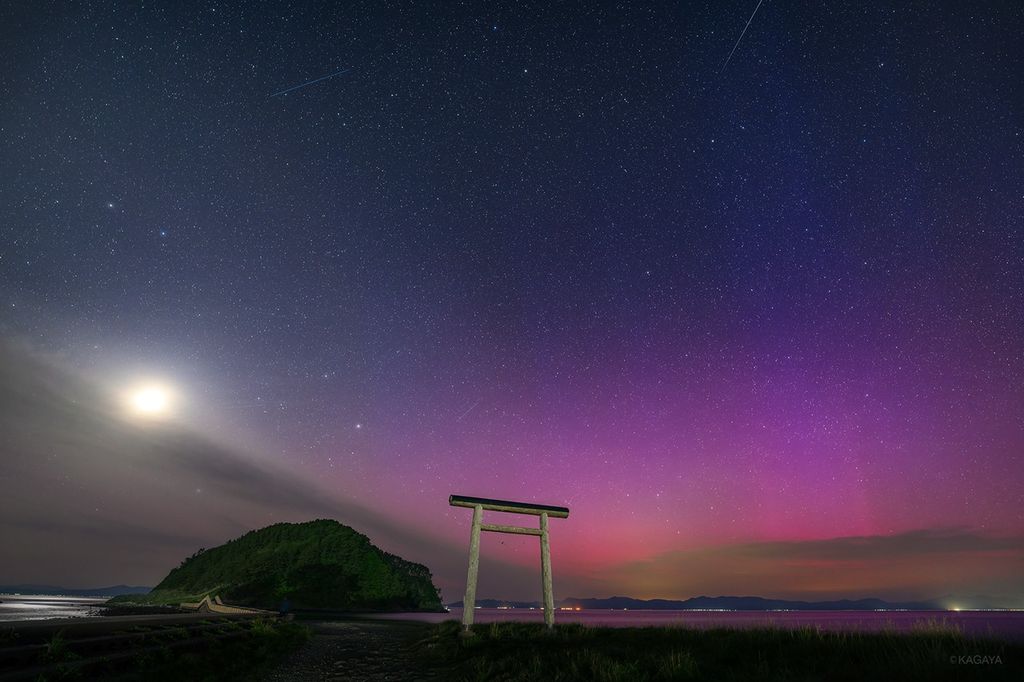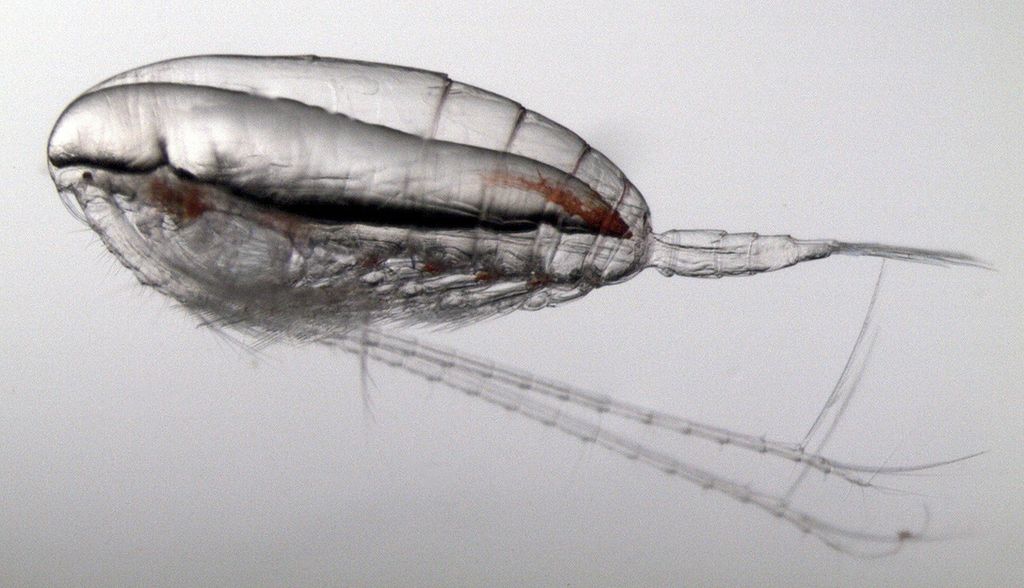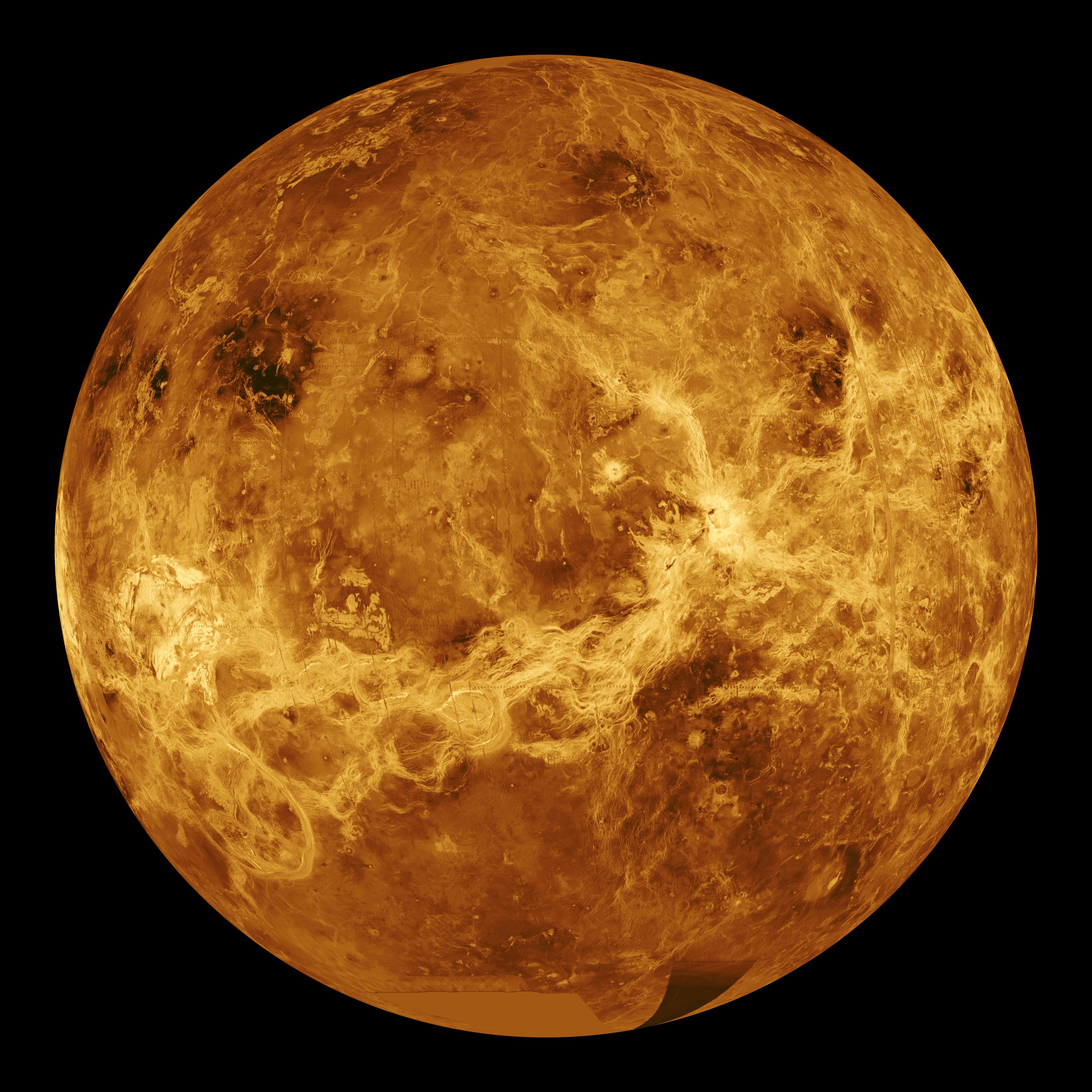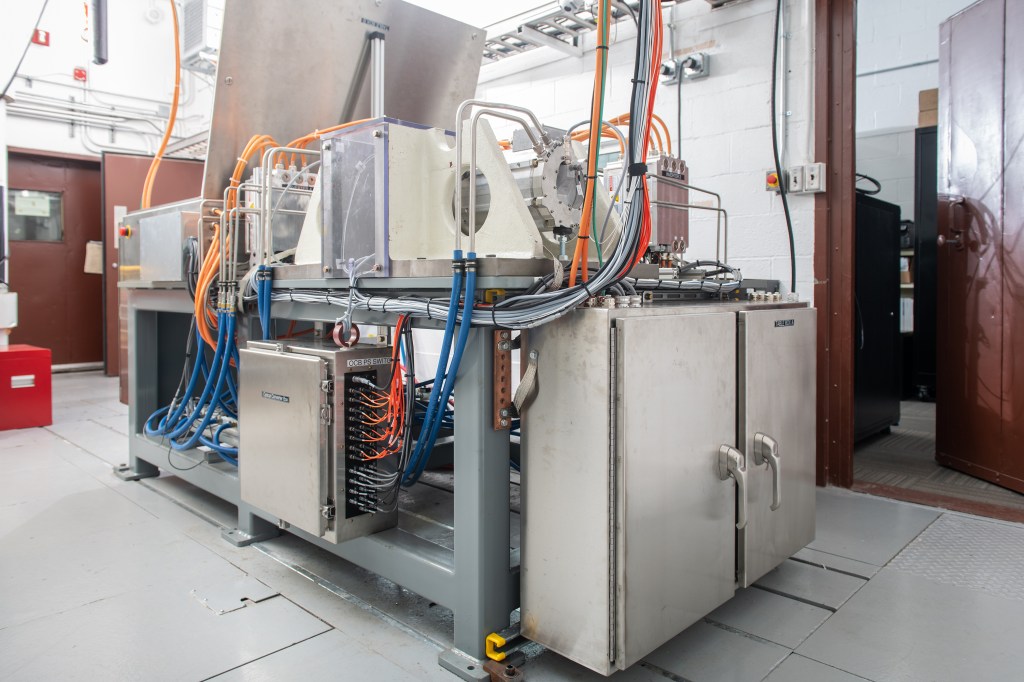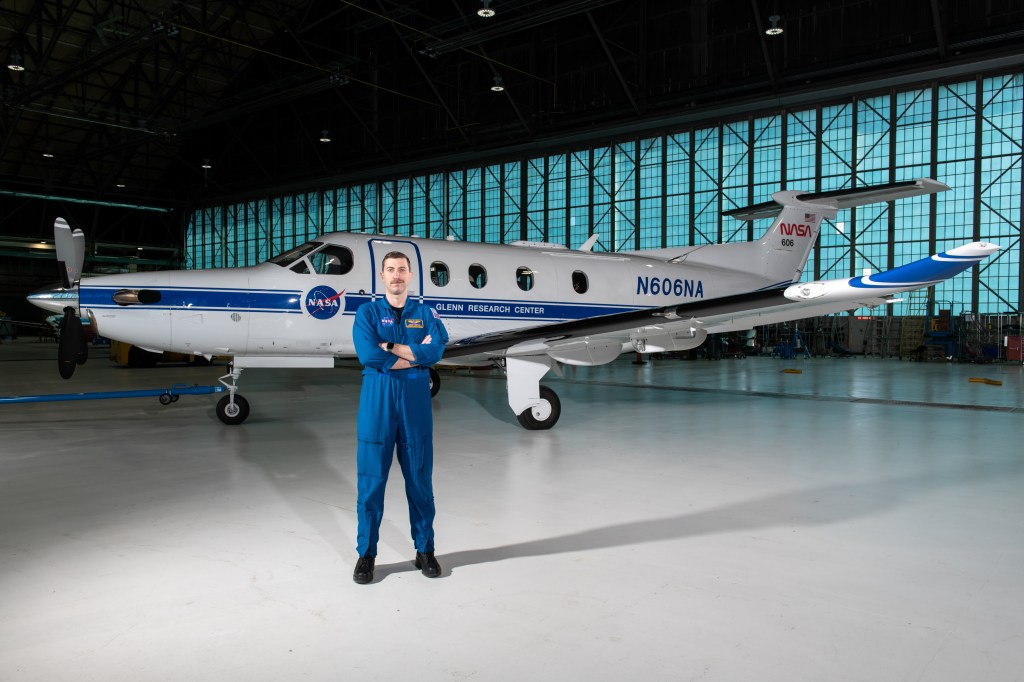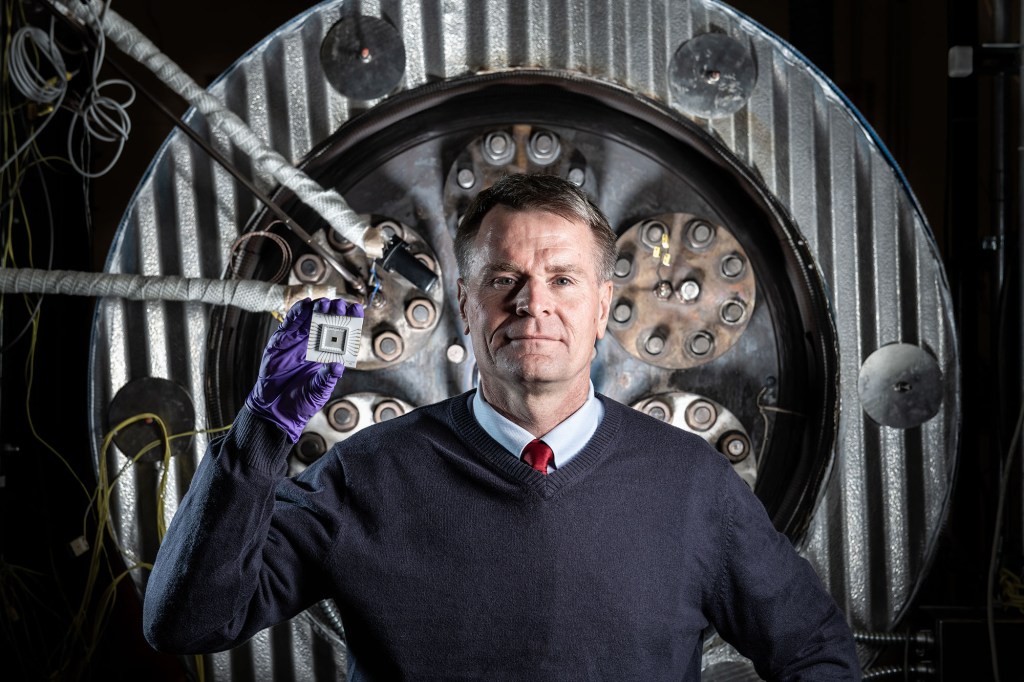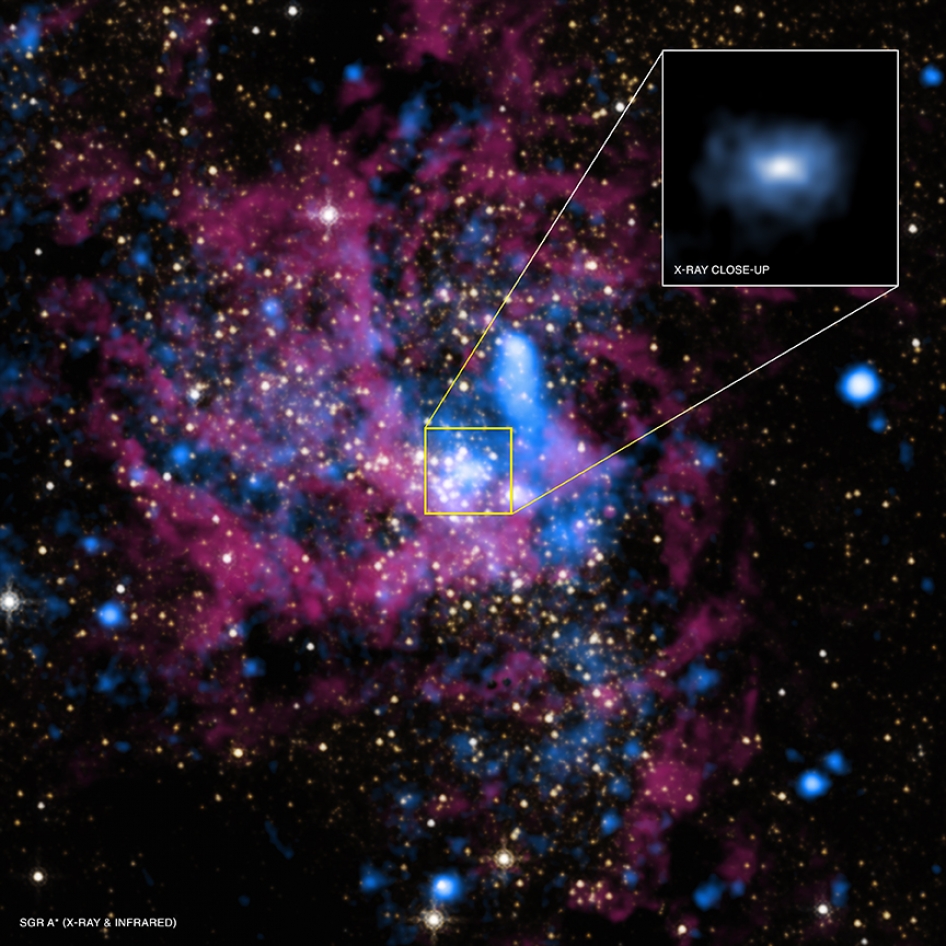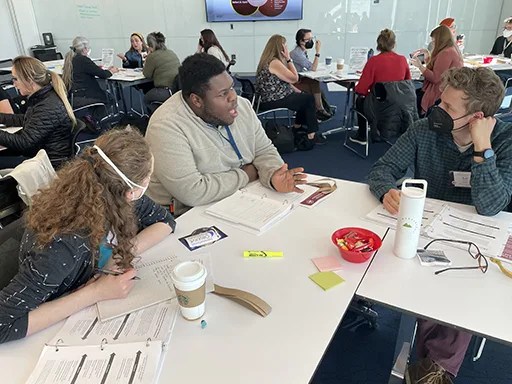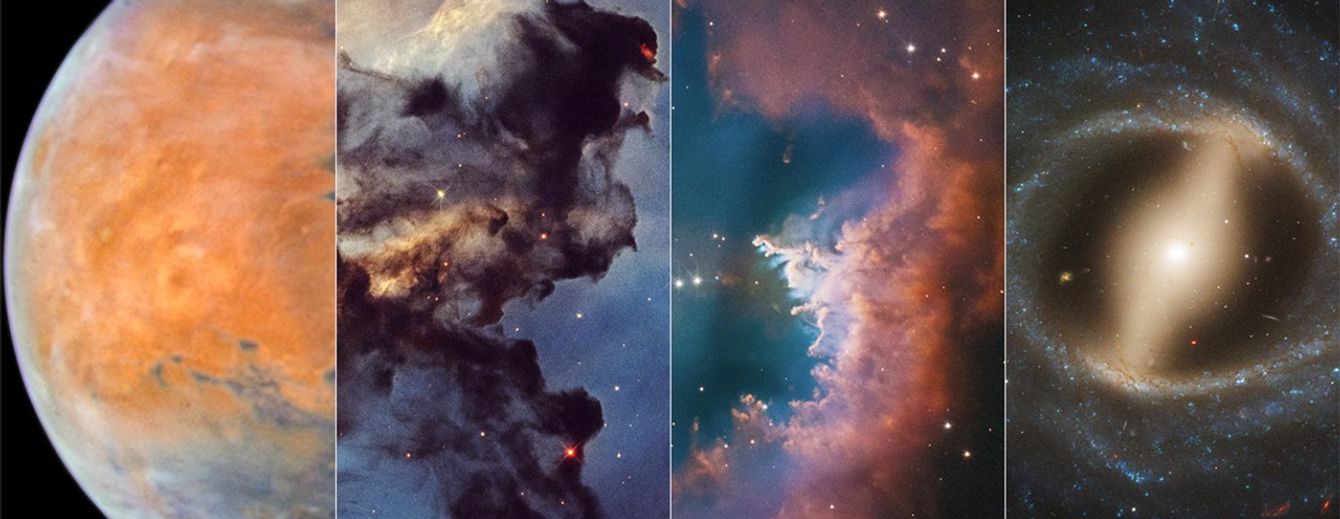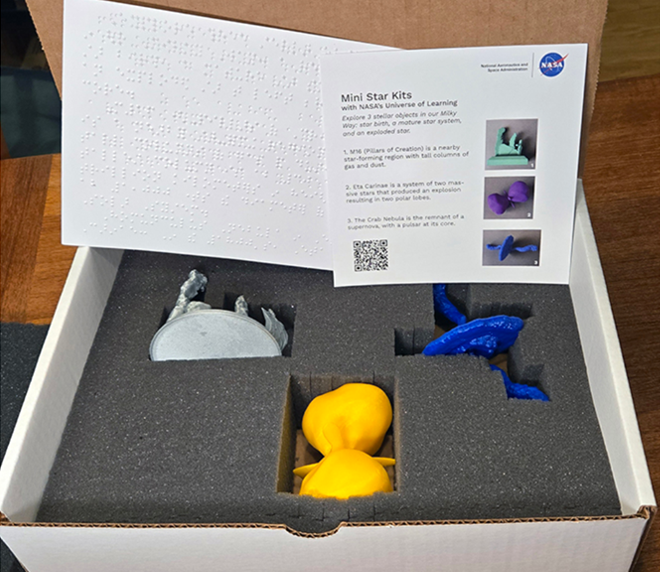Planetary ReaCH Helps Scientists Address Their Biases to Better Engage Audiences
A 2021 survey of U.S. planetary scientists revealed a desire to engage more effectively with diverse communities and a need for help in learning where and how to begin. In November 2022, NASA Science Activation's Planetary Resources and Content Heroes (ReaCH) team held a third pilot workshop at the Johns Hopkins University Applied Physics Lab in Laurel, MD to continue addressing this need.
During the two-day workshop, planetary scientists and informal educators participated in active listening, bi-directional conversations, and solar system-themed, hands-on activities. Discussions centered on ways in which personal biases affect how one engages with audiences, the importance of forming authentic relationships with diverse communities, and the importance of engaging audiences in terms of their assets, not deficits. Following the workshop, participants conducted a public engagement event at the Watha T. Daniel / Shaw Public Library in Washington, DC. This event enabled participants to practice conducting hands-on activities and engagement strategies modeled and discussed during the workshop. The event was attended by youth and their families from the local community, including many who identify as Black. In addition, students of color from nearby McKinley Technical High School participated in the event. The students shared their work as participants of the Great Lunar Expedition for Everyone (GLEE) program. They are constructing a tiny spacecraft with sensors that will be launched to the Moon’s surface to collect data.
Most workshop participants reported gaining confidence in their ability to develop authentic partnerships and relationships, understand biases, and use audience-centered strategies to engage diverse audiences. Lessons learned from evaluation data and the experience itself will be incorporated into ReaCH’s continuous improvement cycle to inform future workshops.
“I have learned a lot last week, more than I was expecting. The group was great, and interactions were very constructive. The effort to make us mingle and to feel in a safe place to share is much appreciated and was a crucial aspect for the whole thing. I imagine it is not easy to put everything together and to organize a quite large group. I already loved outreach activities but now I feel more confident and prepared.” -Planetary Scientist
“More work needs to be done to recognize and mitigate negative effects [of biases], but workshops like this give me encouragement to tackle this.” -Informal Educator
The ReaCH team would like to thank and acknowledge the Johns Hopkins University Applied Physics Lab for hosting the workshop and providing tours for participants, the Watha T. Daniel / Shaw Public Library for hosting the public event, and the McKinley Technical High School GLEE students for sharing their project with the local community.
Planetary ReaCH is supported by NASA under cooperative agreement award number 80NSSC21M0003 and is part of NASA’s Science Activation Portfolio. Please visit www.lpi.usra.edu/planetary-reach to learn more.


